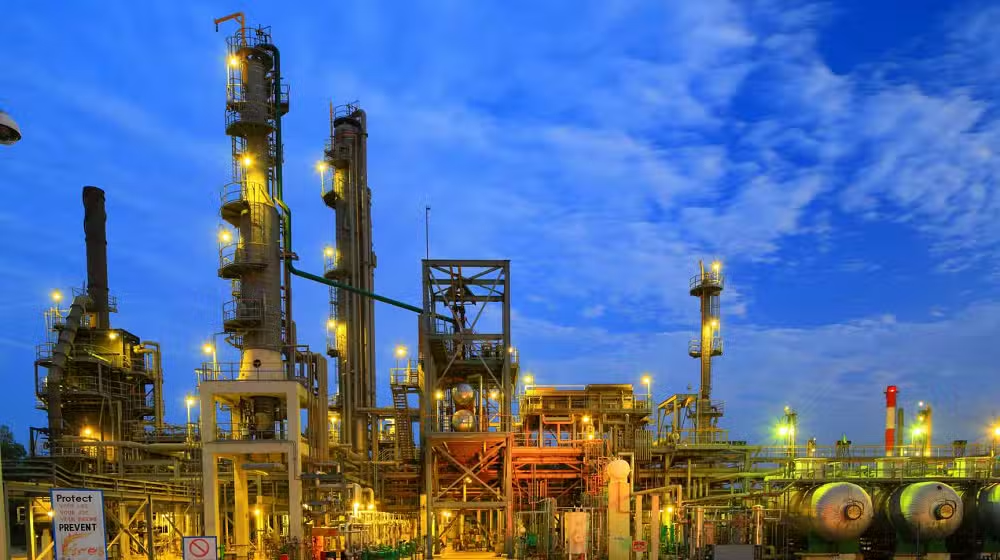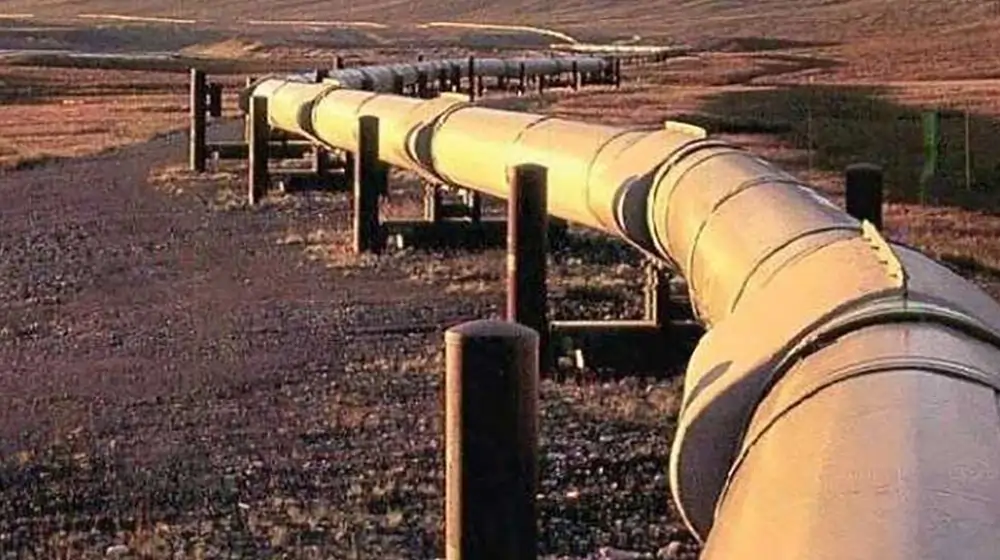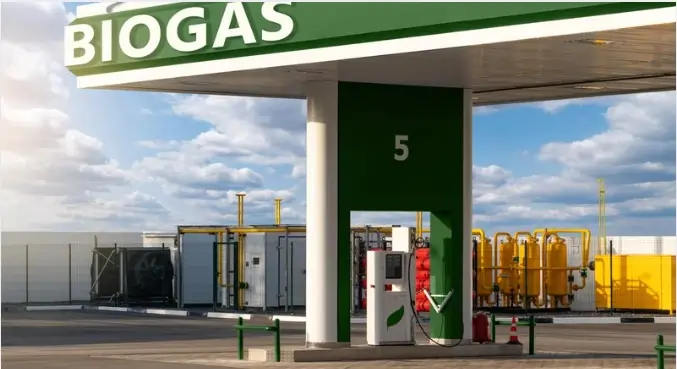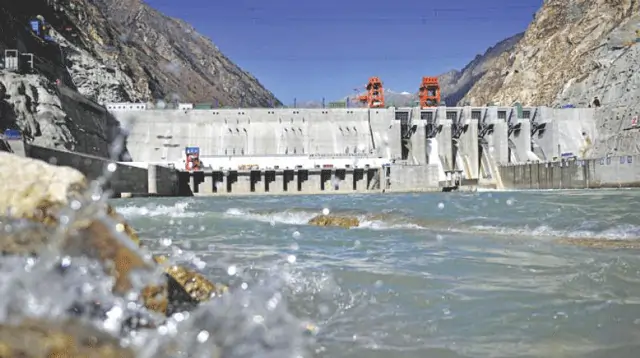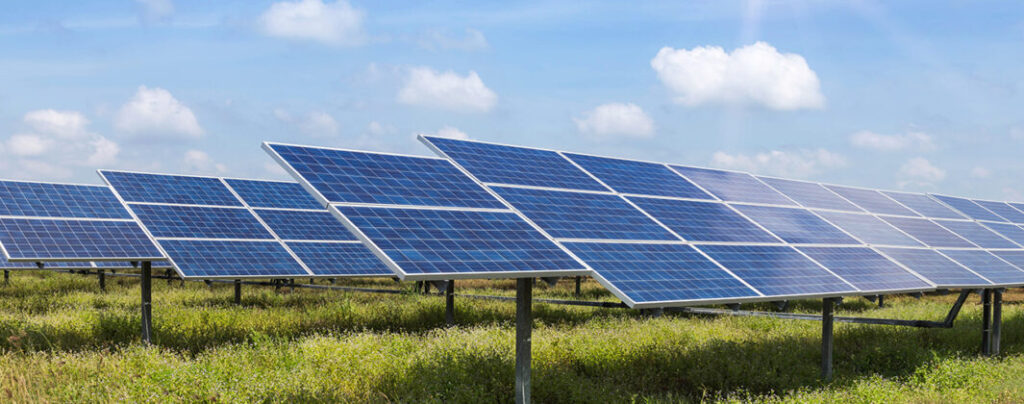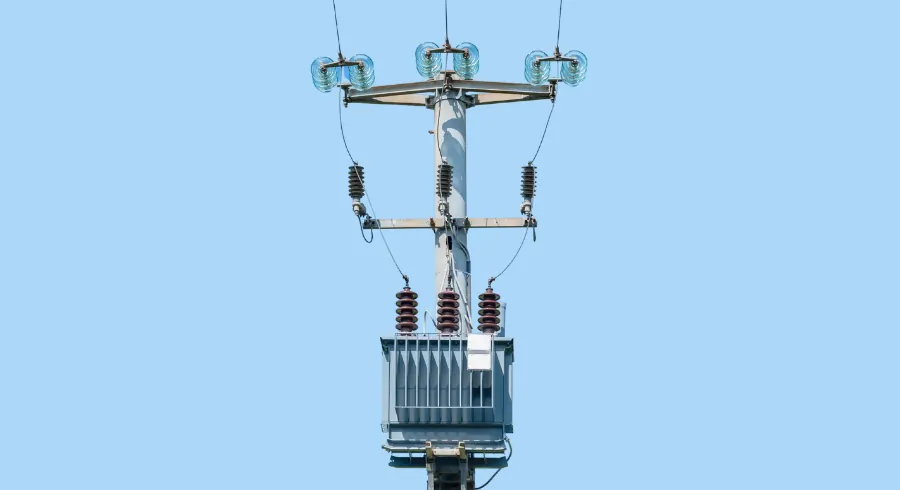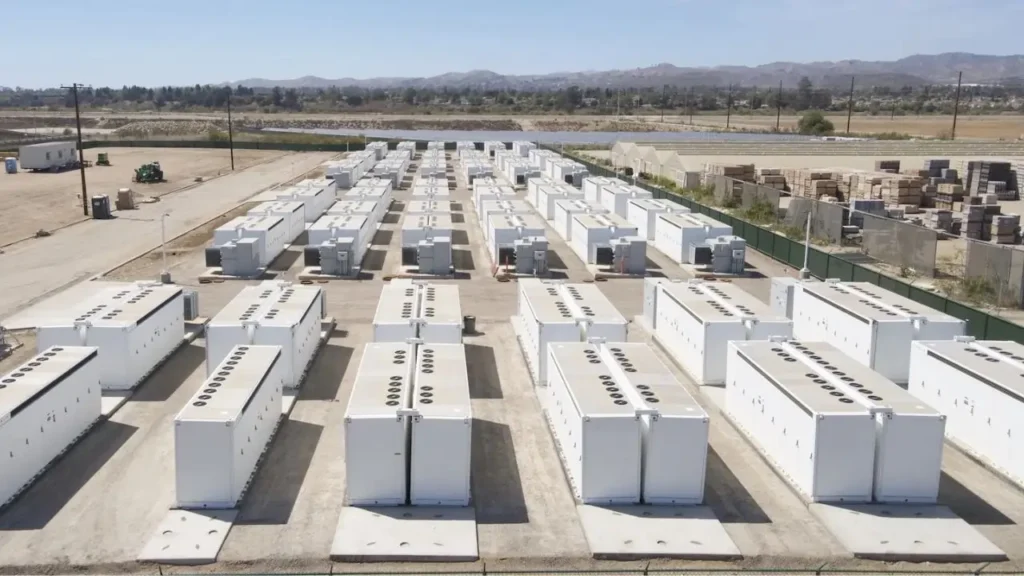Pakistan’s ambitious $6 billion refinery upgrade programme has hit another roadblock after a visiting team of IMF tax experts refused to compromise on the controversial sales tax exemption that has stalled investment in the country’s oil sector.
According to a report by a national daily, the IMF mission rejected proposals from the Petroleum Division aimed at breaking the deadlock created by the Finance Bill 2025, which exempted petrol, diesel, kerosene, and light diesel oil from sales tax. This exemption has prevented refineries from claiming input tax adjustments, a key incentive for investment.
“The IMF experts gave no relief,” a senior Petroleum Division official said, warning that the impasse has effectively frozen refinery upgrade plans until at least the next national budget.
While the IMF said it had “no objection” to removing the exemption, it insisted that Pakistan must impose the standard 18 percent GST on all petroleum products.
Officials estimate that such a move would raise petrol and diesel prices by about Rs. 50 per litre, an increase considered both politically and economically untenable.
The government had proposed a partial GST of 0-3 percent on petroleum products and refinery upgrade machinery, but the IMF dismissed this option. Instead, the Fund suggested applying the full GST and reducing the petroleum levy by the same Rs. 50 per litre to offset the impact. Islamabad rejected this, arguing that GST is shared with provinces while the petroleum levy is a crucial source of federal revenue.
To provide temporary relief, the government recently increased the Inland Freight Equalisation Margin (IFEM) by Rs. 1.87 per litre, helping refineries recover a fraction of the Rs35 billion in losses caused by the tax exemption. Refiners, however, say this measure is cosmetic and does not address the structural imbalance created by the FY25 tax policy.
The deadlock now threatens the Brownfield Refinery Policy 2023, which aims to bring local refineries up to Euro-V standards within seven years, double petrol production, boost diesel output by 50 percent, and cut furnace oil output by 80 percent.
So far, only Pakistan Refinery Limited (PRL) has signed an implementation agreement with the government, while other refineries have put their commitments on hold due to the uncertain financial framework.
With no breakthrough in sight, the government is drafting a revised Brownfield Refinery Policy to restore investor confidence.

